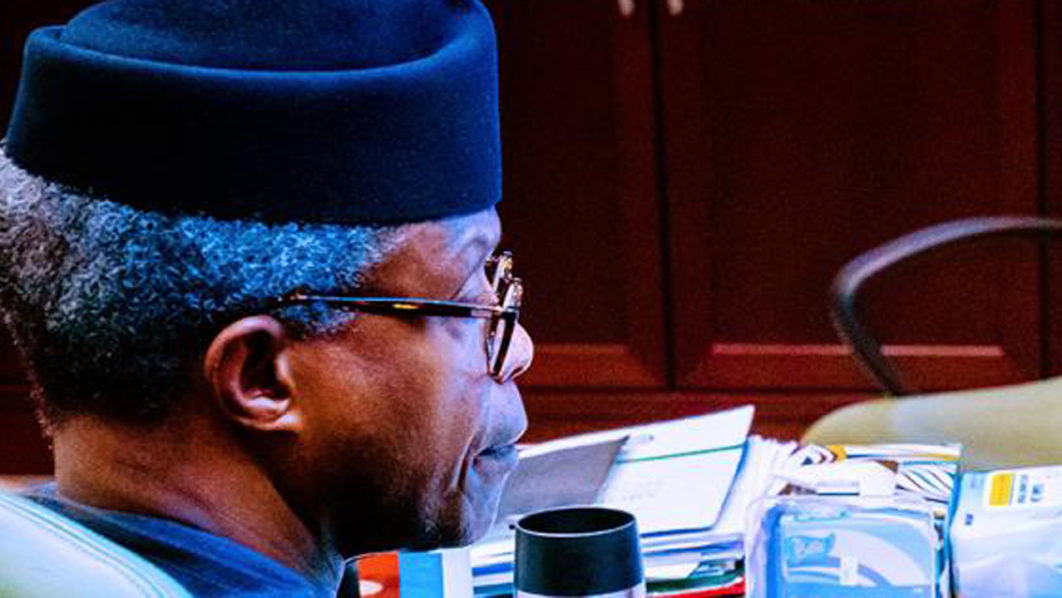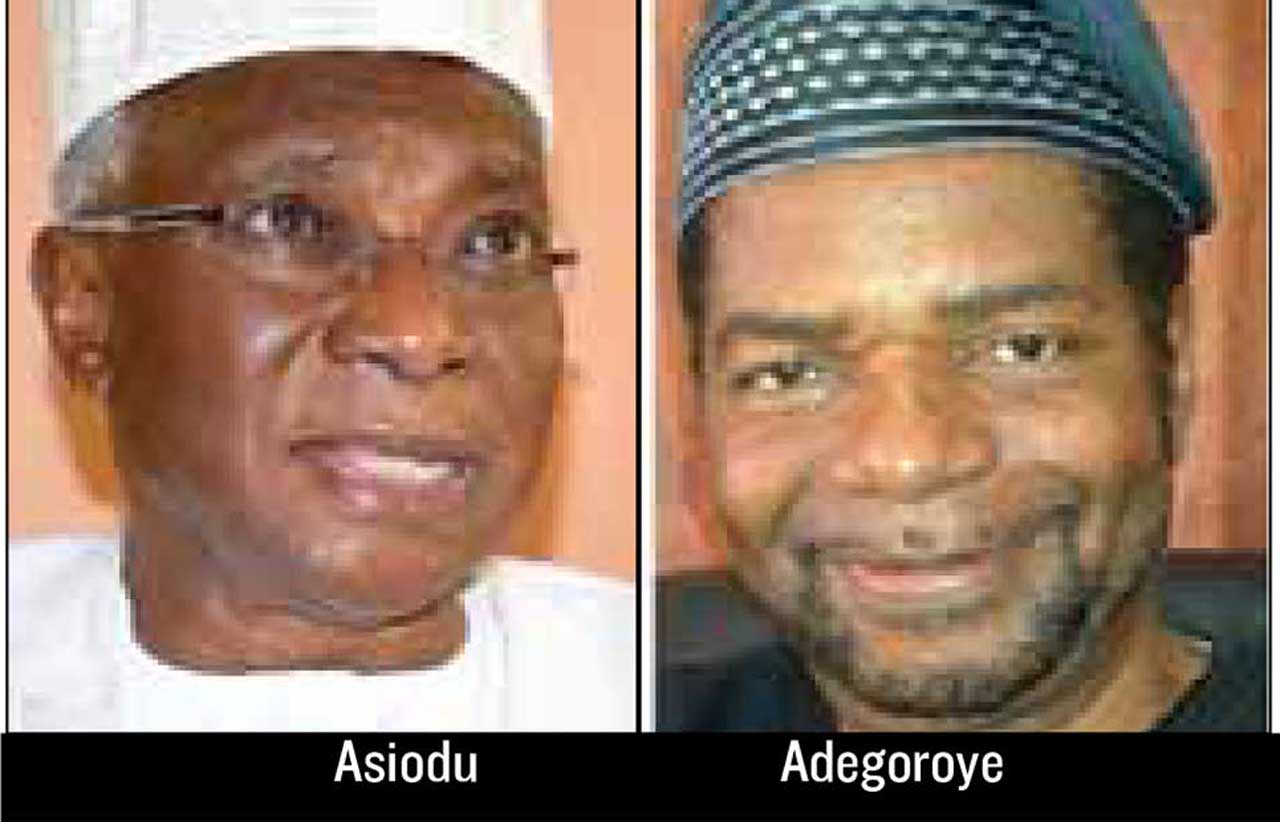
They drum up myths, fictitious non- existent and never-existed dates, heroes, and heroines. In the book “A Text Book of West African History (A.D 1000 to the Present Day), the author Ola Abiola, not too sure of dates and scenarios wrote, “several hundreds of years in the past there existed in what is today known as West Africa some flourishing kingdoms and empires, whose brand of civilization was comparable to that developed at that time in other parts of the world”. What can be more vague, inarticulate, and indefinite? Africa’s History is too laced with folklore, unverifiable dates, and persons.
Great historical submissions like Old Africa re-discovered by Basil Davidson, the Dawn of Africa History by R. Oliver, A History of Islam in West Africa by J.S. Trmingham, History of the Yorubas by S.Johnson, Africa: its people and their Cultural History by G.P. Mudock , the Lost Cities of Africa by Basil Davidson, A short History of Benin by J. Egharevba and a Brief History of the Okpe people by Prince Mebitaghan e.t.c all suffer from conflicting dates, wrong geographical setting, half-truths, mythologization, and exaggerations. They are in most cases inadvertent because of the insufficiency of information, where they exist they are not put in proper perspectives and used in detail.
In the preface to his book entitled, “Merchant Prince of the Niger Delta “ Professor Obaro Ikime said “in the context of Nigerian History, certain names spring readily to mind-Bishops Crowther and Johnson, Kosoko, Jaja, Ovonramwen (Overami) and Nana, the subject of this study, to mention but a few. Although the names of these and other leading Nigerians of the nineteenth century are freely mentioned in history circles, it is a fact, at the time of writing that in none of them is there any detailed study. The reason usually advanced for the absence of detailed studies is the lack of the kind of materials required for biographical surveys. This is largely true. But the absence of detailed studies has meant that even such materials as does exist have not been fully used in existing works”. This is an inviolable truism. But the history of Africa in the Nineteenth and twentieth centuries carries a lot of credibility and dependability index. Because the art of writing, education, revelations from the 2nd world war gave a great impetus to nationalism, constitutional developments, religious teachings, and independence, which are easily verifiable because of adequate documentation, although with minuscule bias by European and African historians and nationalists. In this historical genre we have, Pan Africanism by G. Padmore, Ghana-Road to independence by F. Bourret, Nigeria-Background to Nationalism, Politics in French-speaking West Africa by R.S. Morgenthau, Others are- The Development of Modern Nigeria by O. Arikpo, Nationalism in Colonial Africa by Thomas Hodgkin, Senegal: A study in French Assimilation Policy by Micheal Crowther, A Thousand Years of West Africa History by J.J.A. Ajayi and lan Espie, Catholic Missions in Nigeria by Martins Bene and West Africa since 1800 by J.B Webster, A. Boahen and Idowu.
It is clear from the details of the aforementioned historical observations that Africa’s ancient and parts of its modern history are long overdue for more detailed, factual, and comprehensive research. It is also overdue for a complete demystification; demythologization and being purged of prejudicial syphilization, because a people whose past is unknown cannot channel a great course into the future. If we do a consummate job on our history we will no more be having the myth that Oduduwa came directly from heaven by means of a chain, that a ‘golden stool’ fell from heaven to consolidate the rule of the Ashanti King and that Ekaladerhan trekked through the path to Ife being a fugitive from justice e.t.c.
These are all mere fabrications and myths to boost modern tribal and clannish renaissance. They must be discarded. The Bini, Yoruba, Urhobo, Ijaw, Itsekiri indeed Nigerian, and nay Africa historians must go back to the drawing board. In doing this we have to review the syllabus and course content of our history students from primary through secondary to university levels. History at all levels of study must be research-driven, we are now in an era of a great revolution in information technology, we must make all historians computer literate so that they can source for and store correct information that will embrace their studies. A book and handout written and produced on “Nationalism in Nigeria” (1914-1960) released in 1970 are still being used in some of our universities. It is clear that historical research and more up to date records have rendered the book and handout obsolete. How then will a graduate that is a handout and obsolete textbook bound know the difference?
Our historians must go back to the public records office London, Spain, Italy, Portugal, France, Belgium e.t.c to get documented records on our past. They must visit the National Archives Ibadan, Accra, Abidjan, Bamako, Niamey, etc and they must visit Libraries all over the world and then settle down in our universities, etc supported by credible oral submission and then do a more convincing history of the Bini, Yoruba, Urhobo, Ijaw, Itsekiri nay Nigeria and indeed African history. It must be noted, however, that no amount of research can bring out the facts of the history of a people unless they resolve to be honest with themselves and their past. If at all nothing is done, let myths, Prejudices, Lies, arrant falsifications, and prestidigitation be discarded from our history.
No more Oduduwa falling from heaven, no more Ekaladerhan myth, and no more ‘Golden Stool’ mystery. Finally, the Government, at Federal, State, and Local Government levels must be prevailed upon to channel their revenues to research institutions and individuals to find out, update and document the history of the people in our various communities, state, and indeed Nigeria. A situation where verdicts and judgments are given in our courts based on falsified history is totally a travesty of justice. It calls too much for the discretion of the judges to deduce which history is correct and which is incorrect. It, therefore, follows that the greatest manipulator of history wins. Let us get serious with purging our history, for anybody, nation and a person with a history based on myths is wallowing in the crypts of lycanthropy. Our history as is presently written remains an anthology of incongruities and a demonstration of Orwellian duplicity. We call on the Ooni of Ife and the Oba of Benin to demystify their various histories and let other historians follow a CONSCIONABLE AND suit. It is in the light of the above-mentioned submissions that one will like to commend Vice President Osinbajo and support his call for the re-introduction of history into our schools which Obasanjo stopped some years ago
Concluded.
Gbinije, a social critic wrote from Warri, Delta State.






